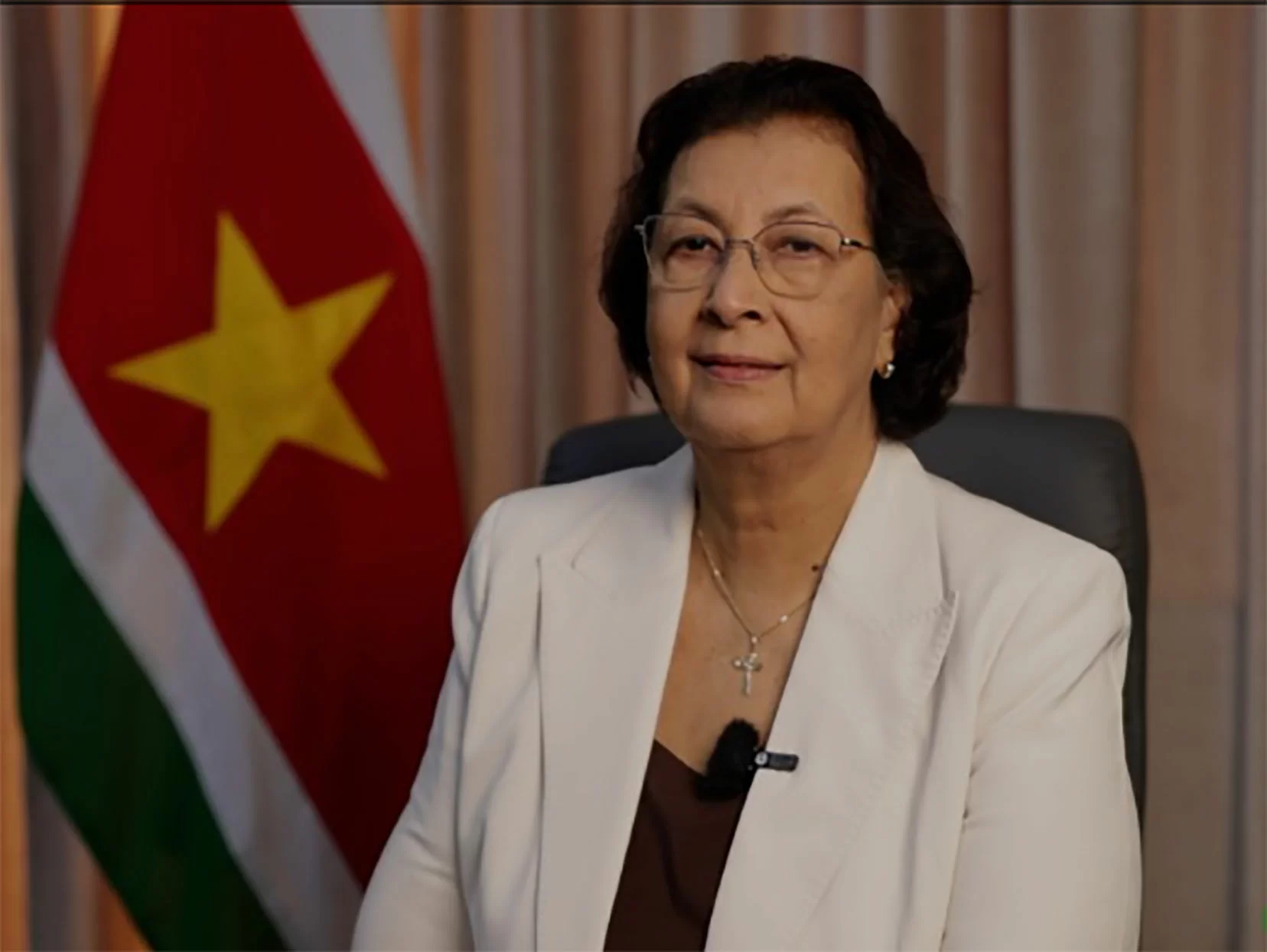In a significant policy shift, Suriname’s government has announced stricter criteria for land allocation, as revealed by President Jennifer Simons during the first round of the General Political Considerations (APB) in the National Assembly on Thursday. The President emphasized the urgent need for a comprehensive revision of the land allocation policy to ensure transparency and accountability in land use.
Simons highlighted that the government must ensure land is utilized for its designated purposes, whether for industrial activities, housing, agriculture, or social projects. She acknowledged that past practices often allocated land with the hope of productive use, but these expectations frequently fell short. To address this, the government is drafting legislative amendments, set to take effect in 2026, which will clearly define permissible land uses and enforce stricter compliance measures.
Under the new framework, applicants will be required to demonstrate their readiness to execute proposed projects. Simons stressed that land allocated for business ventures must come with binding obligations. If no tangible results are achieved within two to three years, the land rights will be automatically revoked.
The President also pointed out Suriname’s unique regional position, noting the country’s vast unused agricultural lands despite its abundant available land. She argued that utilizing previously allocated agricultural areas could boost agro-production without encroaching on forests.
However, the Ministry of Land Policy and Forest Management (GBB) faces significant administrative challenges, including illegal land allocations and prolonged delays in processing applications. Simons underscored the necessity of a thorough policy overhaul to address these systemic issues and ensure efficient land management.
